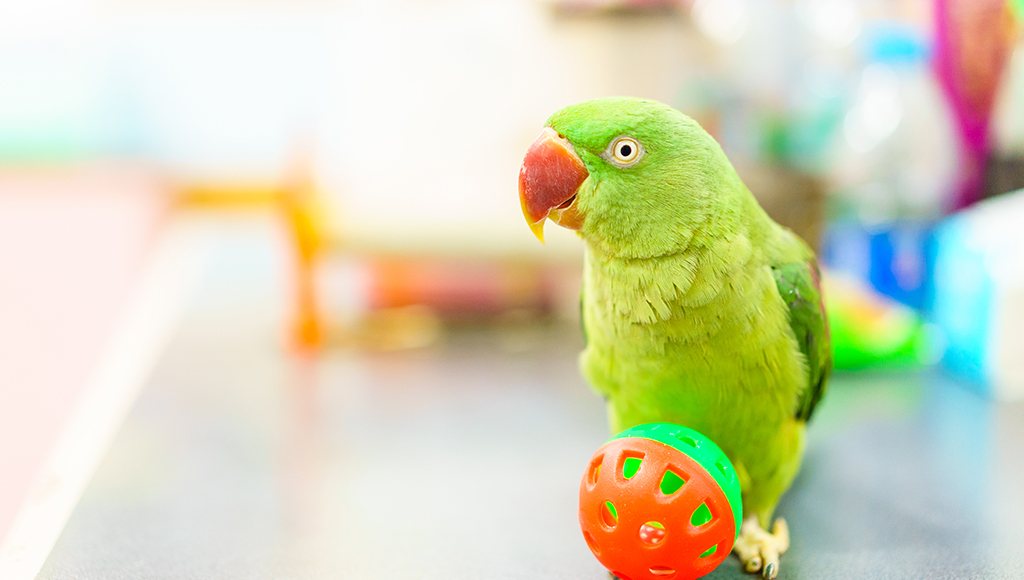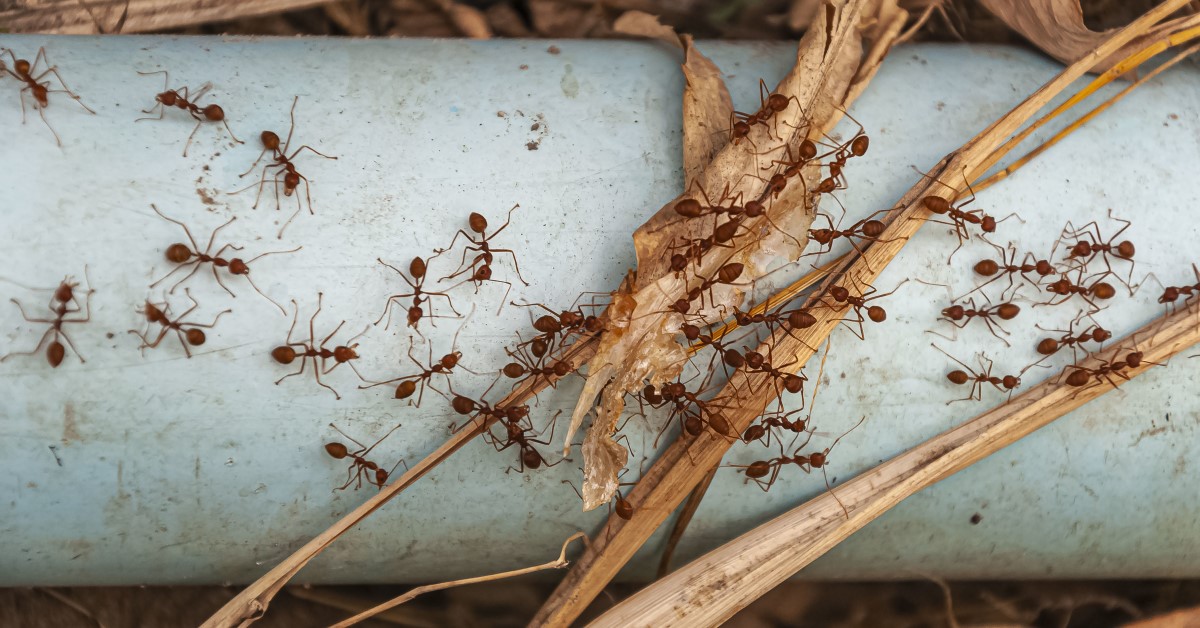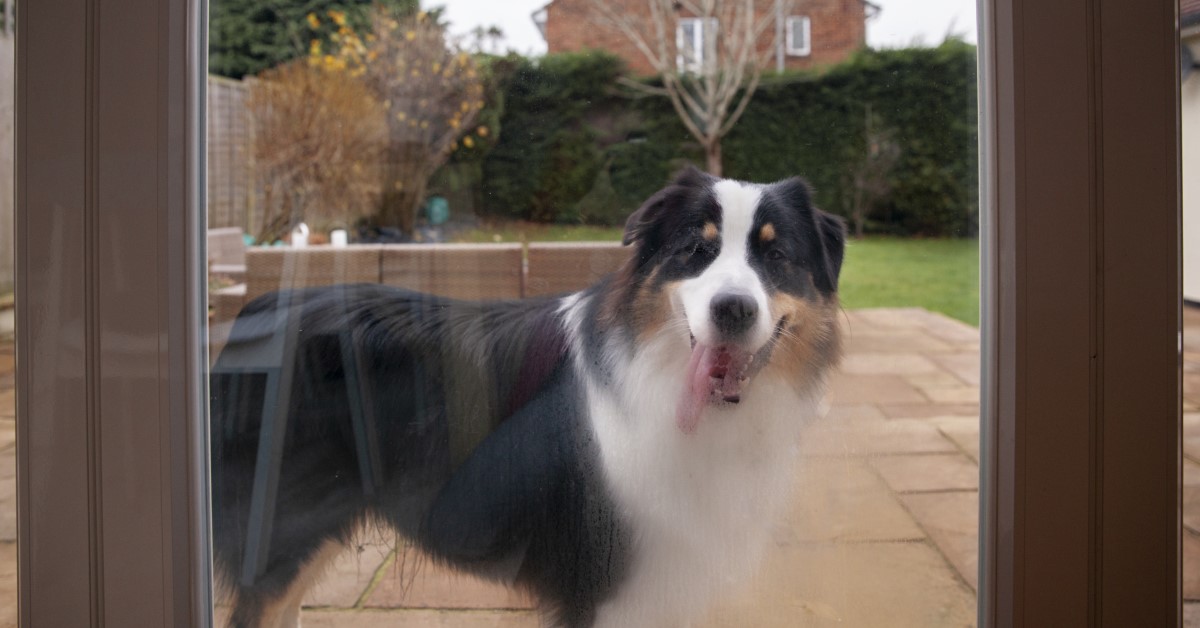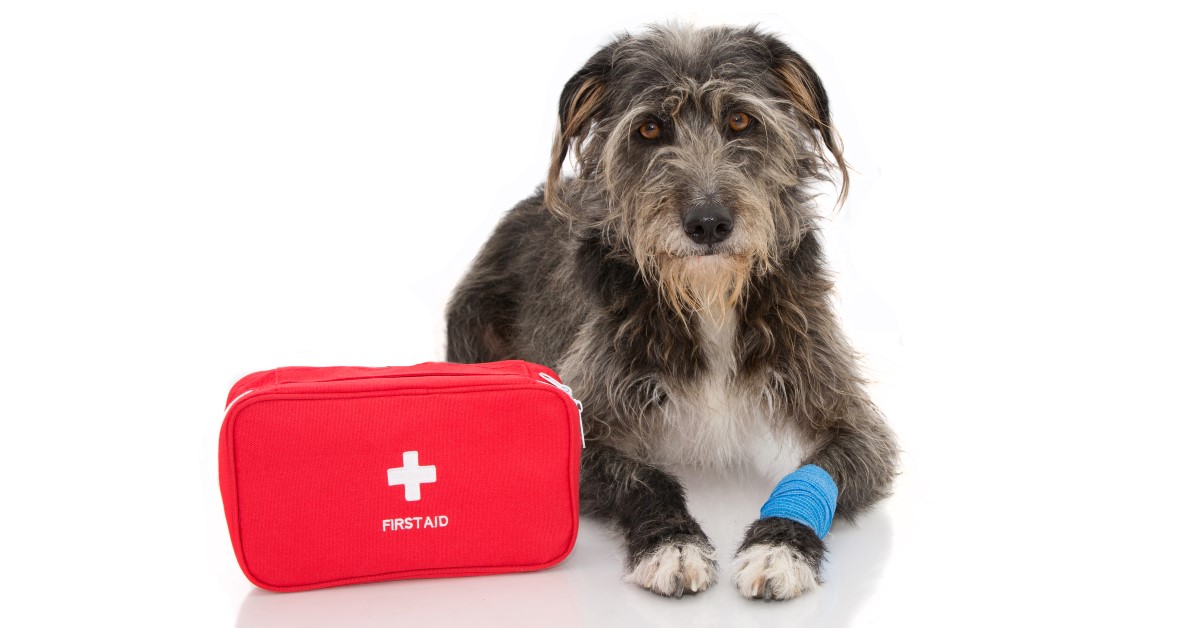Top 10 Dangers to Pet Birds
Bird owners must be aware of a wide variety of household dangers in order to keep their pet bird safe.

Pet birds are extremely susceptible to a wide variety of household dangers. There are numerous reasons for this, including their small size, rapid metabolism, and sensitive respiratory systems. Of course, with parrots, there is also an intense curiosity and need to explore everything with their beaks. Owners need to be vigilant about protecting their pet birds from the dangers that exist throughout the home:
1. Poisoning - Birds are susceptible to a wide range of toxic substances which can injure or kill birds either by ingestion or inhalation. One of the most common toxins that threatens pet birds is insecticides sprayed in the home. These should not be sprayed near cages or perches, nor in areas where your bird’s food is stored. Other dangerous chemicals in the home include ammonia, bleach, oven cleaner, glues, nail polish remover, paint, and perfumes. Poisonous houseplants are also dangerous.
2. Non Stick Coatings (when overheated) - This technically falls under poisoning but warrants a special mention because use of these products is very common in households. When overheated, the non-stick coating used on cookware emits fumes that are very toxic to birds when inhaled. This non-stick coating is also found on waffle irons, bread machines, irons, ironing board covers, curling irons, space heaters, blow dryers and more.
3. Open Water - Toilets are the most common source of open water in the house, and it is all too easy for your pet bird to fall in and drown. Other water sources to watch are sinks, bathtubs, buckets, and water bowls of dogs or cats. The kitchen can also be a dangerous place if there are hot pots of water on the stove. Birds cannot distinguish whether the water is hot or cold.
4. Inappropriate Foods - These range from foods that are just unhealthy to those that might kill pet birds. Anything high in sugar or salt is inappropriate; the same is true for high fat foods. More serious are things such as chocolate, which is toxic to many pets. Caffeinated or alcoholic beverages are also dangerous. Avocado should also be avoided (there is some debate about how toxic avocado is - so better safe than sorry).
5. Electrical Cords - Birds explore with their beaks, and exposed electrical cords pose a danger if bitten. Keep cords and appliances away from the bird’s cage, and conceal cords as much as possible. Covering exposed cords with corrugated plastic tubing (available at hardware stores) may help reduce the danger.
6. Poorly Made Toys - Even toys designed for parrots may not be safe for them. Make sure your parrots (especially larger ones) are not able to break off or remove any parts and swallow them. Some larger birds and parrots can have very strong beaks. Rope toys can also be dangerous if they are long enough to get tangled up in. There have been cases of parrots separating the strands on braided ropes, inserting their heads, and strangling as a result.
7. Ceiling Fans - Ceiling fans pose a real danger to flying birds - serious injuries and even death have occurred when birds fly into them. Birds tend to be nervous with things moving above them, so may be stressed out by a ceiling fan running near their cage.
8. Windows, Doors, and Mirrors - Windows and mirrors pose a danger to birds who might fly into them. Keeping wings clipped helps to alleviate this risk, although even clipped birds can try a run at a window or mirror. Of course, open windows and exterior doors increase the chances your bird may escape. Always check the tops of interior doors, especially if you allow your bird the opportunity to fly about the house for exercise. Birds often like to sit on the top of an open door; this could result in serious injury if the door is closed.
9. Other Pets - While birds often live happily with other household pets, owners should always be careful when other pets are near the birds. The motion of birds can attract the prey instinct of cats and dogs, and an infected bite or scratch can quickly be fatal to a bird.
10. Air Quality - Birds are especially sensitive to contaminants in the air. Aerosol products of any kind should not be used around your bird or his cage. Cigarette smoke has been implicated in respiratory disease in pet birds as well. Carbon monoxide is also dangerous to birds, so use a carbon monoxide detector in the home, and be careful not to run your vehicle in an attached garage.
Ready to start saving money on pet wellness care?
Then take a look at Mint Wellness, the pet wellness plan that provides fast reimbursement on routine pet care. Save on vaccinations, wellness exams, preventatives, dental, and more!
Learn More


